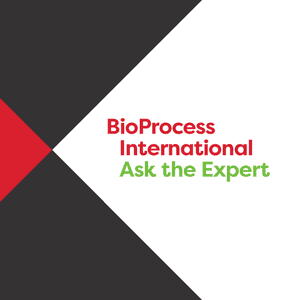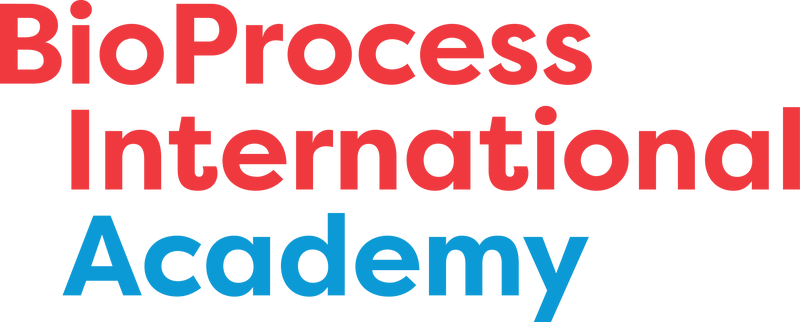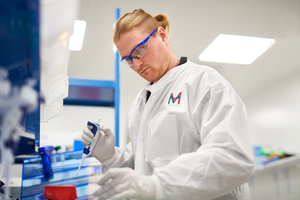Catalent launches ‘plug-and-play’ CAR-T platform
The UpTempo CAR-T platform process offers autologous and allogeneic immunotherapy that can provide therapeutic doses and be taken individually to others as a “plug-and-play” approach, says Catalent.

Contract development manufacturing organization (CDMO) Catalent showcased the UpTempo chimeric antigen receptor (CAR) T-cell platform process at Phacilitate’s Advanced Therapies Week in Miami, Florida.
“This platform has the potential to facilitate fast access of patients to CAR T cell therapy, offers a streamlined process to support our multiple cell type product development and speeds the path to the clinic and patients as well as late stage and commercial manufacturing readiness,” Catalent representatives told BioProcess Insider.
The firm said the technology is “one of the first” fully closed and GMP compliant process platforms for allogeneic and autologous immunotherapies. According to Catalent, UpTempo can successfully complete gene-transfer with both virus and virus-free modules that are closed from cell loading through harvest.
“There is an increasing interest and demand for Advanced Therapy Medicinal Products (ATMPs) and a significant burden is placed on current clinical manufacturing processes. Early phase clinical trials are still highly manual and executed in an open phase vs closed [manner],” they said.
“One of the most challenging topics arises from the short time for vein-to-vein delivery, which encompasses production of drug product and product release time in days vs many months.” Additionally, because of the potentially shorter times from “investigational new drug (IND) to biologics license application (BLA) for cell therapies, significant experiment work and numbers of batches are often less feasible than in protein therapy.”
To tackle these challenges, Catalent said it has established a “fully closed and GMP compliant process for autologous and allogeneic immunotherapy.”
They continued: “Every cell processing scheme is unique and has its own constraints with process and analytical optimization required for specific cell type and disease indications. In this scope, we focused on the building of a platform where each process step can be taken individually and interconnected to others as a “plug-and-play” approach.”
Additionally, cartridge-based flow cytometry and cytokine detection methods have established the feasibility of automated analytical testing to support a CAR-T cell production process. Through using automated methods, the company said it can decrease analytical testing time, reduce costs, as well as overall batch release time.
UpTempo “is ready for formal validation and use in clinical manufacturing campaigns.”
About the Author(s)
You May Also Like







